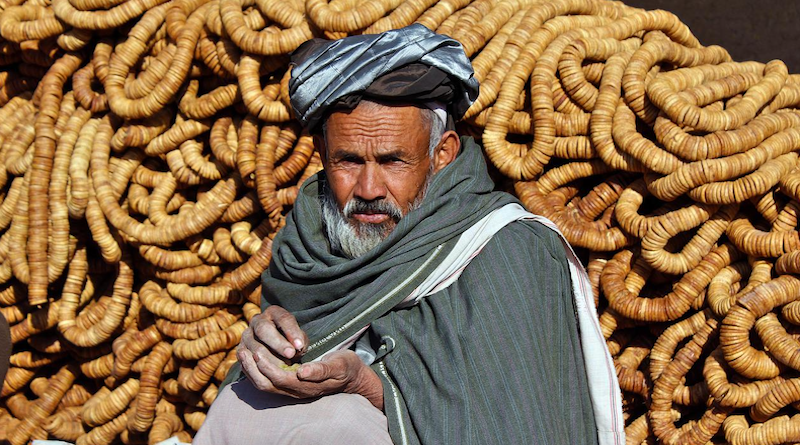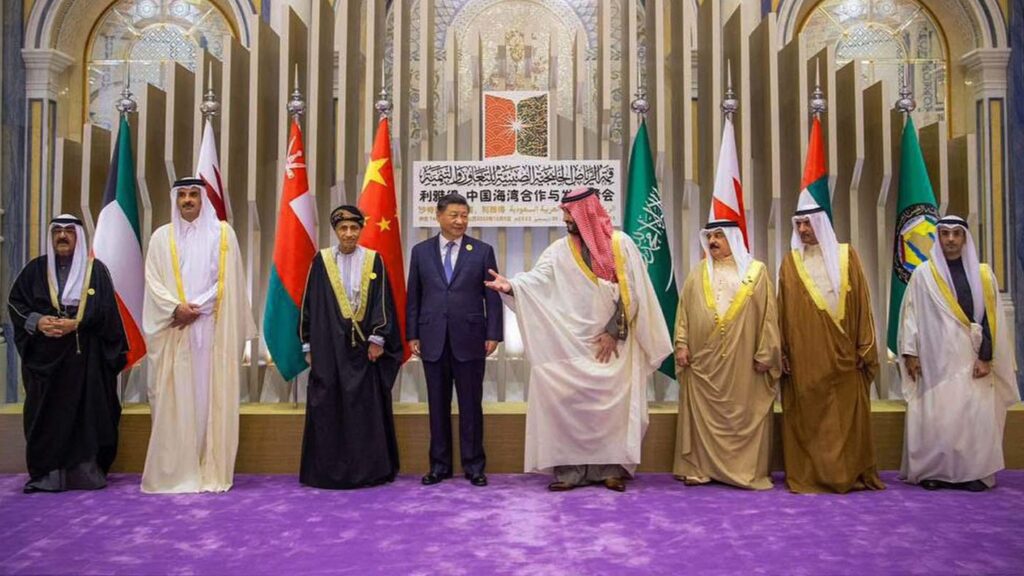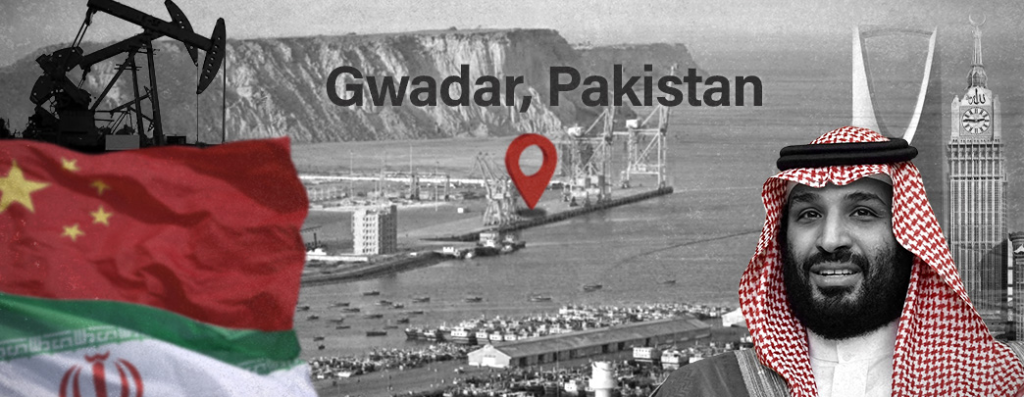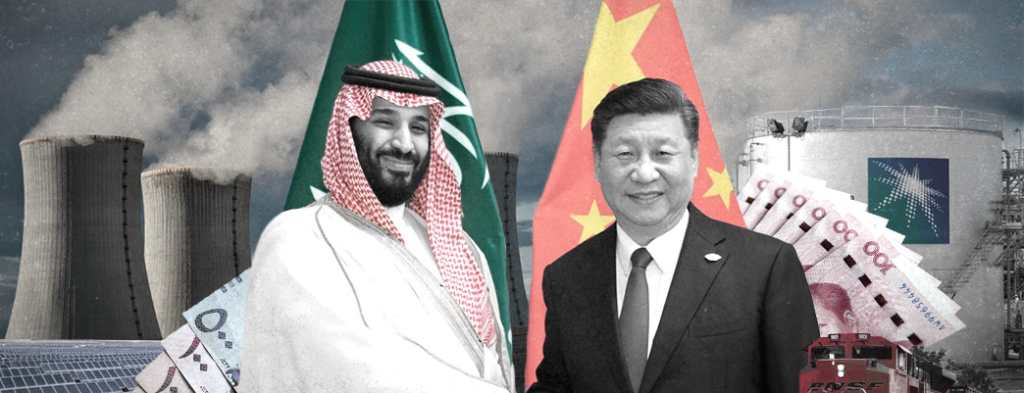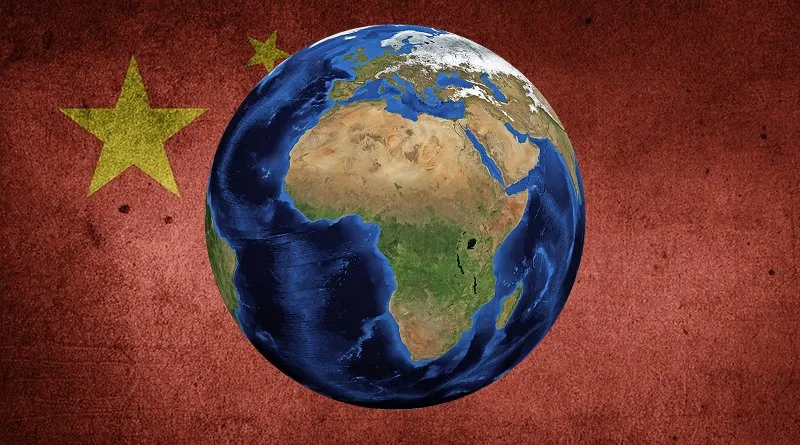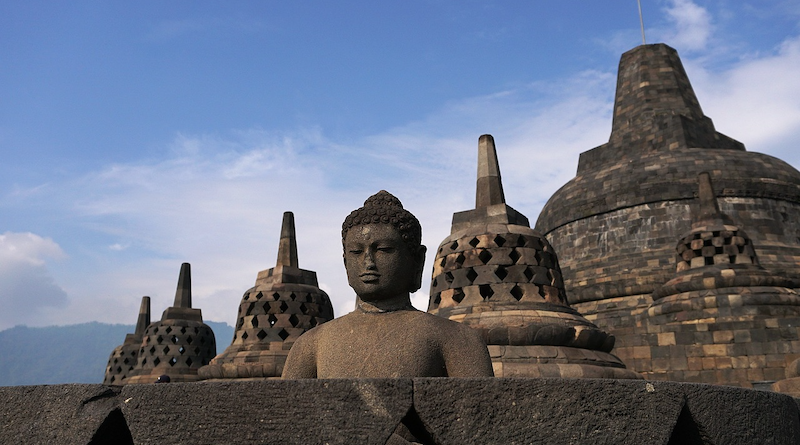Great Britain: Multiculturalism and Islam Turn It Upside-Down

This year, Leicester’s famous multiculturalism, so praised by the establishment, exploded. Knife attacks, stone- and bottle-throwing, cars torched, religious symbols under siege, dozens wounded, including policemen…. Then the hunt for Hindus began in Britain’s streets.

